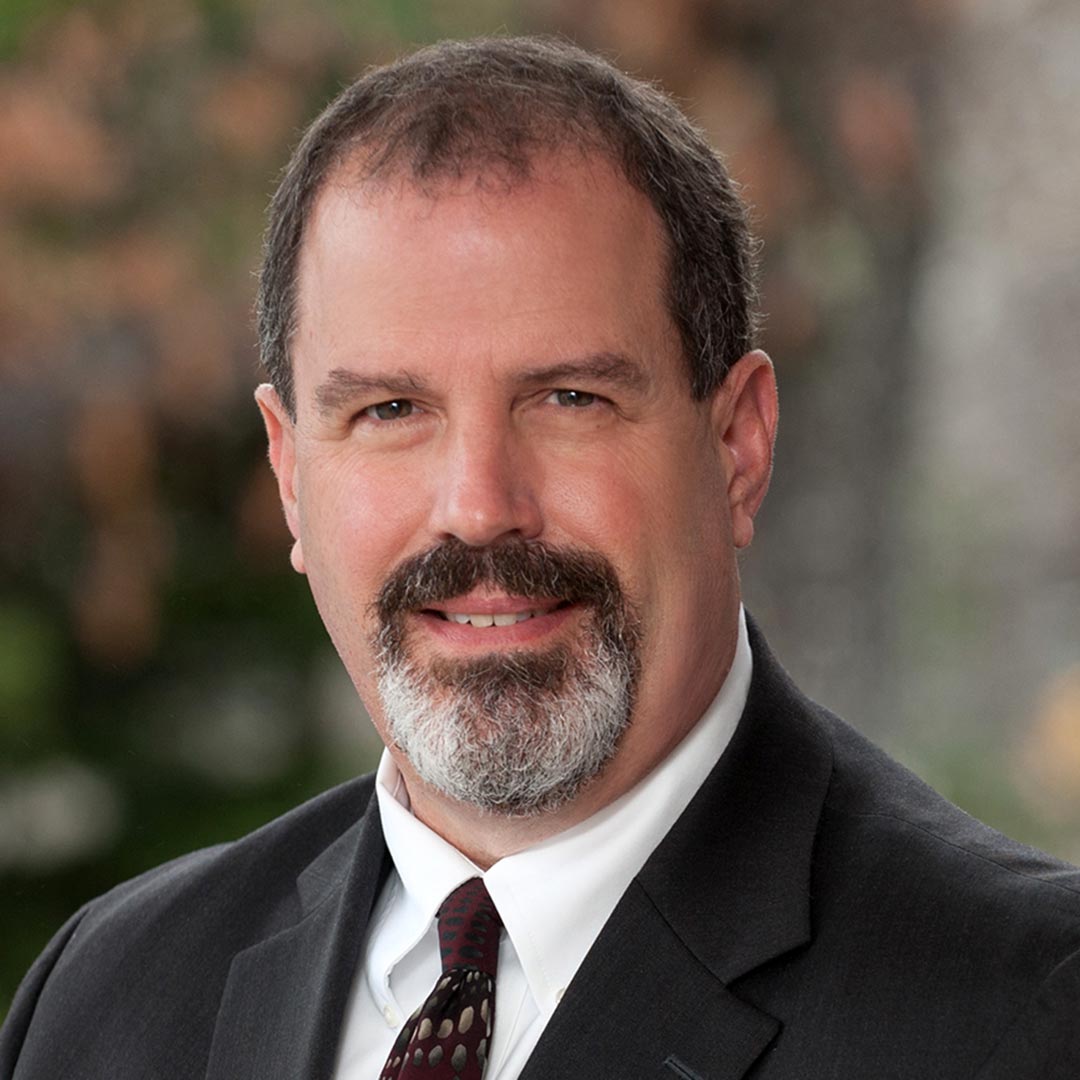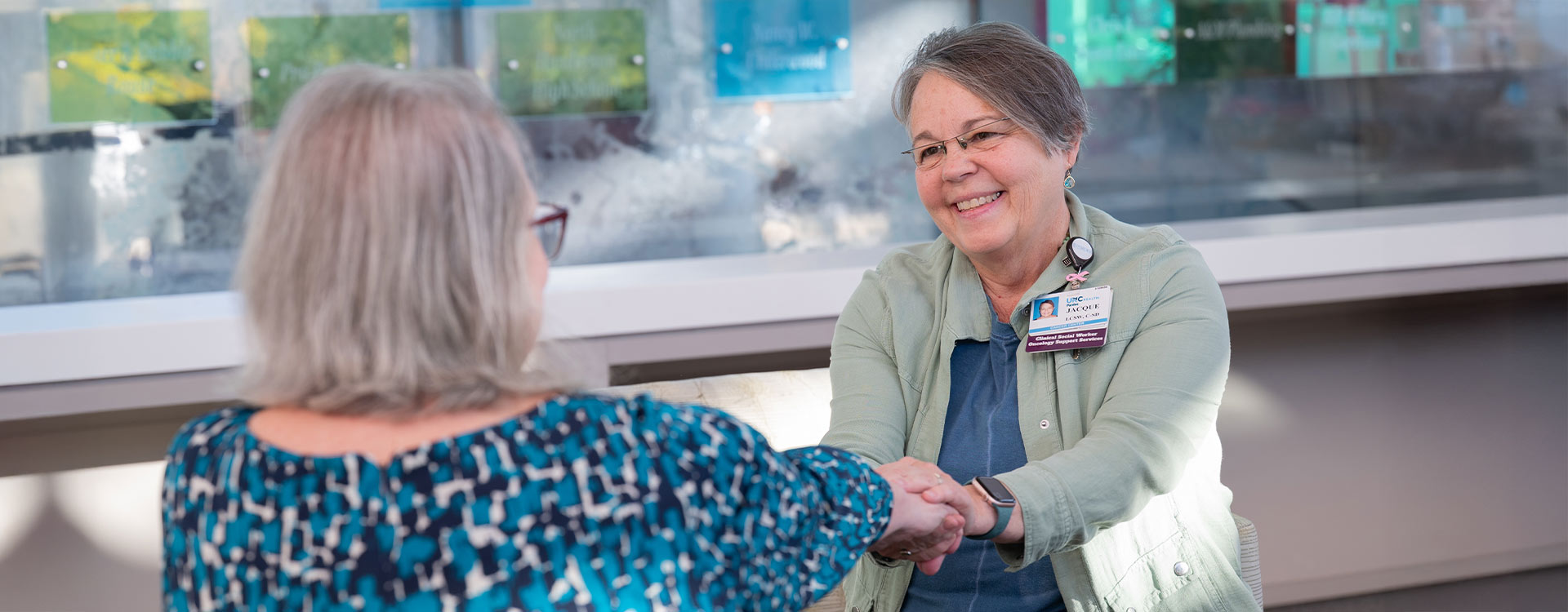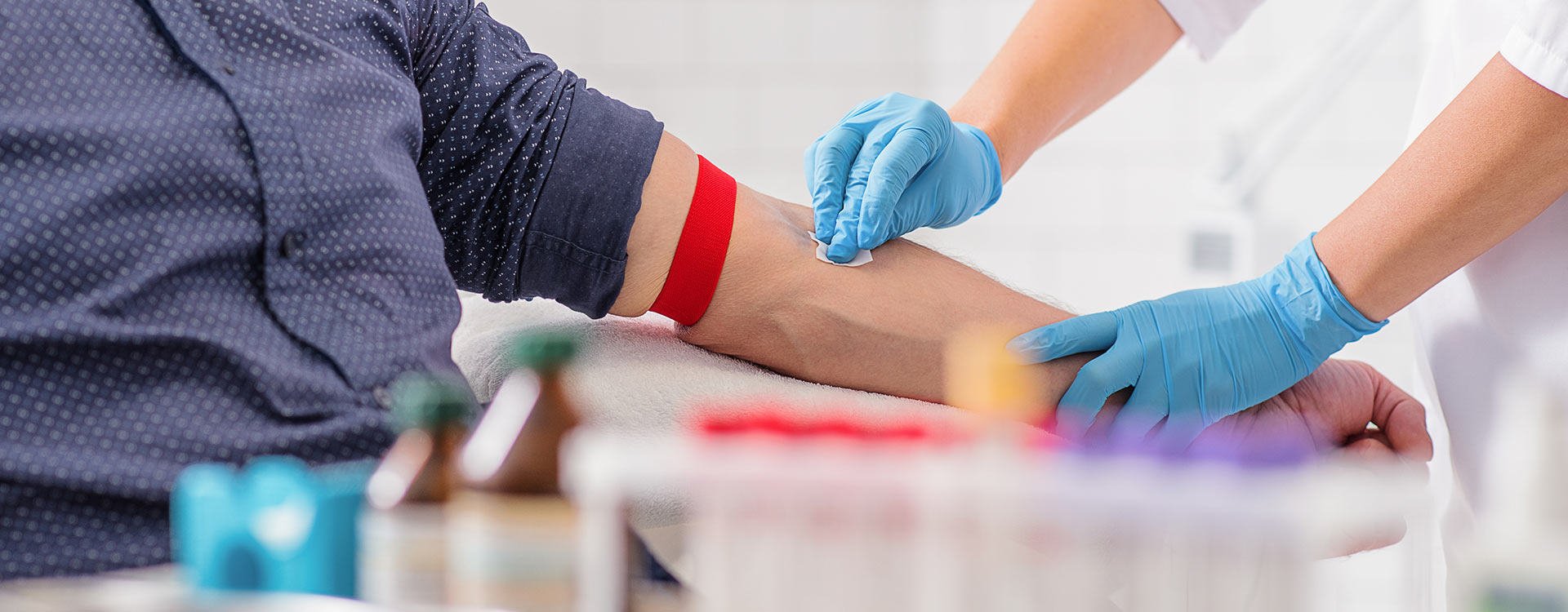If you or a loved one were having a heart attack, would you know it? While many people experience the “classic” heart attack symptoms of chest pain and pressure, there are many other warning signs to know. Being prepared and getting help right away can save your life or the life of someone you love.
What is a Heart Attack?
Heart attacks are quite common: in the United States, someone has a heart attack every 40 seconds, according to the American Heart Association.
Over time, plaque can build up in your arteries and potentially block or reduce blood flow to your heart, which is what causes a heart attack. Your heart muscle needs oxygen to survive. The longer it’s deprived of oxygen—and the longer you go without medical treatment—the more damage your heart muscle will sustain.
This plaque buildup doesn’t usually cause symptoms, so you may not realize you’re at risk for a heart attack. That’s why it’s important to see your primary care provider for a check-up each year.
The Most Common Heart Attack Symptoms
Chest pain and pressure are by far the most common heart attack symptoms in both men and women. Chest pain (also called angina) can feel like discomfort, squeezing, fullness or pressure, like an elephant is sitting on your chest. You may notice more pain when you’re active. It may subside when you sit or lie down. Some people have continuous pain, while others have pain that comes and goes.
Other common signs are pain or discomfort in the arm, shoulder, jaw, back or neck; shortness of breath; cold sweat; lightheadedness, dizziness, and fainting; nausea or vomiting; heartburn or indigestion; extreme fatigue and weakness; and rapid or irregular heartbeats. Women are more likely to experience these symptoms, though they can still occur in men.
When to Call 9-1-1
If you’re having a heart attack, the adage “time is muscle” is true. The sooner that blood flow can be restored, the less the chance of a bad outcome, like heart failure and death.
This relies on you being aware of heart attack symptoms and calling 9-1-1 as soon as possible. The EMS crews in our area have extensive training and all the equipment needed to recognize and treat heart attacks in the early stages. The crews can also activate the heart attack team at Pardee so we can prepare to meet the patient as soon as they arrive and take them to the heart catheterization (cath) lab, where we can open the closed artery in the shortest time possible.
The longer it takes to get to a percutaneous coronary intervention (PCI) center or heart attack hospital, the more heart muscle is lost.
Pardee was recently designated as a Percutaneous Coronary Intervention (PCI) Hospital to provide 24/7 ST Elevation Myocardial Infarction (STEMI) care. This designation means patients in our area are now closer to advanced, life-saving cardiac treatment during a heart attack. It also makes Pardee one of only two hospitals in western North Carolina that provide this level of care.
How to Prevent a Heart Attack
While some heart attacks aren’t preventable because of genetics or certain medical conditions, many are avoidable. Living a heart-healthy lifestyle is your best defense against having a heart attack.
This includes exercising regularly, not smoking, knowing your family history of heart disease, eating heart-healthy foods, cutting back on processed foods and alcohol, managing stress, and getting regular check-ups with your primary care provider.
Learn more about the quality of heart attack care at Pardee at pardeehospital.org/heartscantwait





